On June 28, compLexity Gaming found themselves in a best-of-two face off against Virtus.pro in their first ELEAGUE match. After a tumultuous six months of online play, the North American hopefuls had the chance to defeat one of the most known and feared European squads in the history of Counter-Strike: Global Offensive. It was their chance at a David vs. Goliath type upset that could rekindle their legacy as a top North American organization. compLexity lost both maps decisively. In 2014, compLexity had the best or second best team in North America before losing the roster to Cloud9 on August 2. By the end of 2015, a new compLexity, the spiritual successor of Nihilum, became a top-five North American team before losing two or their best three players to TSM. The third, Roca, would move to Echo Fox by the end of April. Despite being one the most storied North America organizations over the competitive life of Counter-Strike, compLexity has failed to capitalize on their organization’s prestige, wealth of experience, and plentiful opportunities and now field a roster that may not even be a top-ten North American team in terms of talent or results. Due to the legal and financial strain of the fall of CGS in 2008, compLexity lost its perineal position at the top of the North American landscape. compLexity did try to rebuild their North American presence in 1.6 with several different rosters under Andrew “Irukandji” Timmerman, but they never gained traction amidst frequent roster swaps. Dropping their North American roster in 2009, the Jason Lake-led compLexity made an “out of the box” move that has been increasingly typical of their management by picking up a Brazilian squad. The team, which included well-known names in CS:GO like Fallen and fnx, had a few strong results, most notably a first place finish at IEM V American Championship Finals, but the organization dropped the roster atfter seven months following internal fracturing and a few lackluster results.
Early CS:GO
Instead of immediately re-investing into Counter-Strike during the dying day of 1.6, compLexity starting funneling their resources into other games like Starcraft 2 and League of Legends. That changed in August 2013, when Lake picked up Quantic’s squad of Spencer “Hiko” Martin, Kory “Semphis” Friesen, Sean “sgares” Gares, Braxton “swag” Pierce, and Jordan “n0thing” Gilbert as CS:GO started to take its first solid steps as an esport. Three month later, compLexity played in the very first Major, DreamHack Winter 2013, where they managed to make it to the semifinals after upsetting Astana Dragons, who were one of the world’s best teams at the time. By all accounts, their top-four finish was an over performance, especially when looking at their national rival in IBUYPOWER, who dive-bombed out of the group stage after two straight losses. At the next major, ESL Major Series One: Katowice 2014, compLexity again managed to make it out of groups, but lost in the quarterfinals 2-1 in a best-of-three against a NiP team who still had a vestige of their untouchable aurora about them. They again dramatically over performed in comparison to IBUYPOWER, who were once more jettisoned from the tournament after two straight losses in the group stage. But in a bizarre twist of fate, Swag, who had arguably been compLexity’s best player, decided to jump ship to IBUYPOWER. With Todd “anger” Williams as their fifth, compLexity suffered three months of diminished results before the roster decided to divorce themselves from the compLexity brand in order to form a more permanent union with Cloud9. We know now that Swag’s departure from compLexity was due to friction amongst the players rather than organization’s incompetence, but Richard Lewis reported at the time that the organization move in August was prompted by frustrations regarding financial compensation, namely the organization’s choice to keep sticker money from the previous Major instead of paying it out to the players. After picking up Shroud and moving over to Cloud9, the ex-compLexity team would, of course, rise to increasing prominence and fame as CS:GO swelled in popularity, and the eventual IBUYPOWER match-fixing scandal would even leave them as the de facto number one North American team for an extended period of time. While the fall of CGS and compLexity’s failure to immediately bounce back from that fall may have been an unavoidable consequence of larger market failures, compLexity losing their place on the pedestal in NA CS:GO seems to be more closely tied to their own internal blunders.
2015 Restart
In August 2015, compLexity, perhaps recognizing the rising lucrativeness of CS:GO, reentered the scene by picking up another team featuring Semphis. However, this time around, Semphis and his squad were far removed from the top ranks of North America. After being removed from Cloud9, Semphis, along with Hiko, entered a burgeoning Nihilum team who had recently managed to exceed expectations at ESL ESEA Pro League Season 1 Finals by defeating Cloud9 and narrowly losing to Virtus Pro. While the addition of Semphis and Hiko was supposed to put Nihilum over the top and enable Timothy “autimatic” Ta, Joshua “sancz” Ballenge, and Soham “valens” Choudhury to reach the upper echelons of competitive Counter-Strike, the experiment was mostly botched. They played with one another over the course of the summer, but failed to qualify for any LAN or achieve any noticeable result. Autimatic would transfer over to Tempo Storm in June, but by July, the team lost their Nihilum sponsorship after the organization started to deteriorate financially. After briefly competing as Maximum Effort with Derek “desi” Branchen as their fifth, compLexity picked up Semphis, Autimatic, and Valens in August with Hiko moving over to Liquid and Desi departing to Winterfox. These three would be rejoined by Autimatic and his teammate Daniel “roca” Gustaferri in the wake of Tempo Storm’s dissolution. With Warden of the signature 2004 compLexity team acting as their coach, compLexity again entered into the foray of the North American scene. While results were initially tepid, compLexity started to find their footing after in-game leading responsibilities were passed from Valens to Semphis in late October. A month later, compLexity went on a nine game win streak online, which included victories over Counter Logic Gaming and Cloud9. A congratulatory Reddit thread was made remarking on their recent success in which Jason Lake made a lengthy comment. While clearly still cautious about the team’s capabilities, a palpable sense of optimism still pervades his remarks, “We’re not perfect in coL but one thing we don’t lack: passion. We won’t stop until we’ve built a squad America can be proud of.” Lake perhaps could still fulfill this promise, but I doubt he knew what he was signing up for at the time. Despite their improved form online, compLexity failed to impress on LAN in November when the team attended the iBUYPOWER Cup and the RNG Pro Series LAN. In the group stage of the IBUYPOWER Cup, compLexity were able to defeat Conquest on Cobblestone 16-10, but failed to beat Liquid in overtime on Dust 2 and got crushed by C9 on Inferno. A week later at RNG, compLexity again failed to make it out of groups after losing to Cloud9 and Method. Following these two tournaments, Valens, who always heavily struggled in terms of fragging, decided to retire from competitive play. With no other replacement readily available, Warden stepped into the starting lineup in December competing in online matches and the 2015 Northern Arena LAN. There, they would lose to CLG in the finals and take home just $5,000, but their silver finish at this sparsely attended LAN would unfortunately be the retrospective peak of the new compLexity squad. The departure of Valens came at an especially unfortunate time as North America moved into one its tumultuous but episodic periods of roster shuffling in December. When compLexity returned home from Northern Area, it was publically conveyed that they were simply looking for a fifth. Semphis stated on stream that he wanted to keep the core of the team together and that he would even be willing to move back to mainly rifling if a better AWPer could be found. While what transpired internally was never made public, it has often been assumed that it was the forced addition of another old school compLexity player, Daniel “fRoD” Montaner, that ultimately triggered the departure of Semphis and Autimatic.
2016 Descent
On December 18, the swap was officially announced with Ronnie “ryx” Bylicki and Hunter “SicK” Mims slated to fill the additional missing slots pending a tryout. No official matches were played in January online or offline, but on January 14, both Ryx and SicK announced on Twitter that they chose not join compLexity. Given the wording of the tweets, it appears that both players chose not to sign up rather than compLexity choosing not to sign them up. Again, while not confirmed, the assumption has been that they choose not to join in part due to fRoD apparent inability with the AWP in CS:GO. To add insult to injury, SicK would even choose to join Semphis, Autimatic, and a returning Valens on a new North American rendition of TSM. With the North American talent pool now mostly depleted, compLexity picked up SicK’s unspectacular former teammate Josh “Shinobi” Abastado and Rory “dephh” Jackson, who had been known as rising talent within the UK scene. With this lineup, compLexity’s results were less than ideal as online play resumed in February. In their very first official match, they did manage to upset Liquid who were playing with S1mple for the first time, but they failed to continue that success as they lost six of their next seven online games. Frustrations started to mount very quickly, and on February 18, a Reddit thread containing Shinobi’s leaked steam messages made the front page of the sub. The messages read “we’re playing 4v5/ I CANT WIN/ WITH FROD.” While Shinobi was quick to apologize on twitter, compLexity continued to massively underperform online in comparison to their late 2015 form. By March, after continuously posting poor performances, Dephh was made the primary AWPer over fRoD and by March 15, another former Denial player, Witmer, was brought in as fRoD’s replacement. fRoD publically announced that he would continue practicing until he was ready to play at a competitive level again, but he has yet to return to CS:GO, instead signing with an Overwatch team on June 24. Regardless, the removal of fRoD did not pause compLexity’s free-fall. In the main leagues, they won just two out of 17 maps during the month of March. On April 6, the ever-innovative organization brought in another young UK player in Kia “Surreal” Man to replace Shinobi, but still compLexity only posted three wins in ESL Pro League and ECS Season 1 by the end of the month. The biggest blow to the organization yet came on April 20, when it was announced that their best player, Roca, would be leaving compLexity to join a revamped Echo Fox roster. Six months earlier on December 15, 2015, Lake tweeted, “Fans tossing @coL_roca into the NA roster changes are silly. I’m building around him for the next two years. My ginger’s going nowhere.”
Rock Bottom
In the Reddit post reporting Roca’s departure, Lake made an apologetic but emotional statement addressing the ongoing struggles of the team. In it, he detailed his personal toil in response to their failures, “It left me depressed. I couldn’t sleep. Nothing seemed to work. It’s been a nightmare,” Roca said. But he also took responsibility for the results, “I am sorry to have failed you this past 6 months. I take 100% of the blame. The buck stops here,” and again made a promise to never give up, “I have spent a great deal of my personal time working with everyone involved with coL.cs and we have a plan in place. It won’t work instantly. It might not ever work. But we’ll never give up.” But he did not connect the failures of the 2015-2016 roster to the 2013-2014 roster, let alone the shortcomings of compLexity management in League of Legends or in the latter days of 1.6. He did not identify any overarching schema that has repetitively prevented compLexity from properly capitalizing on its opportunities. He writes that compLexity, “did the best we could with available options,” but is that fair? Does compLexity really stumble because of unwieldly happenings of fate or is it the opposite? Do they squander fantastic opportunities due to their own beliefs, biases, nepotism, and negligence? compLexity had the best North American team in 2013 and lost them in 2014. They had an upstart team in 2015 which imploded in 2016. Failing to find success with the opportunities they had cannot be just a coincidence. If you look at TSM, a team who placed top-four at the ECS finals last weekend, four of their six members have been on compLexity within the past year, if you count Valens, their coach. Maybe the lightening in a bottle run they had in 2004 and 2005 will continue to blind their decision-making today, tomorrow, and forever onwards. Maybe their approach is fundamentally flawed. Maybe they will leave and come back and fail all over again. But maybe the crucible of extended failure can reinforce an already fallen team. 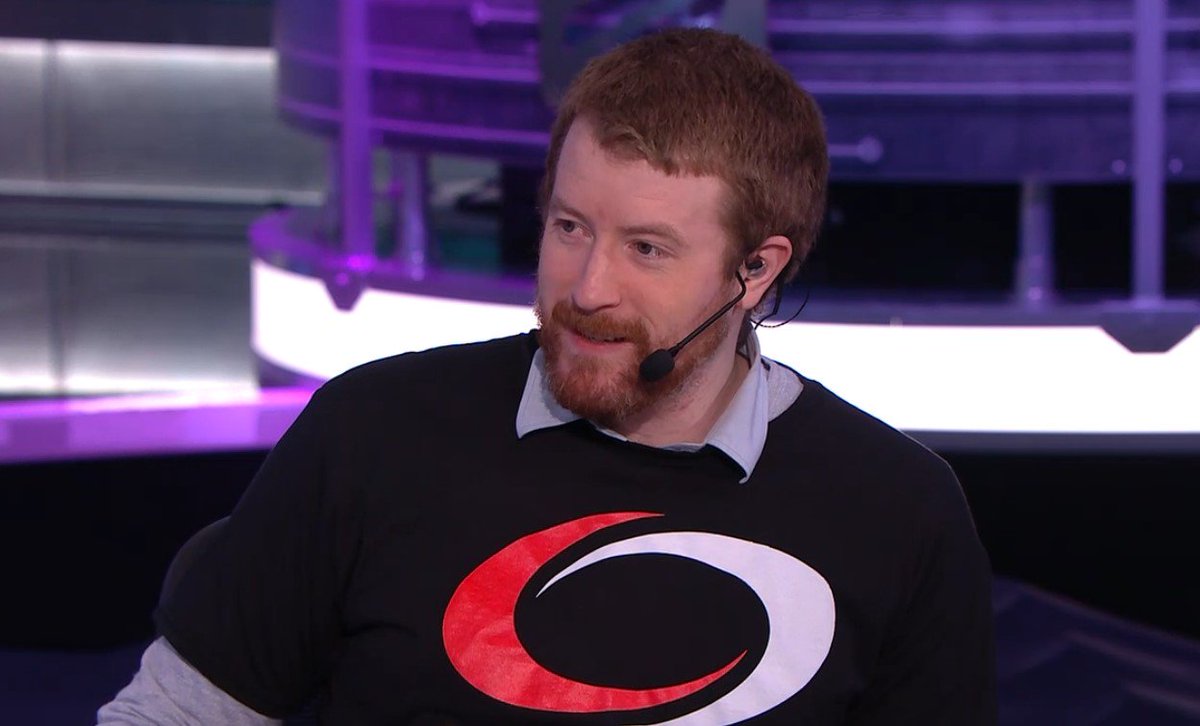 In May, Bradley “androidx23” Fodor was brought in to replace Roca, an inexperienced, aim-heavy type of talent typical to North American CS. compLexity were able to find a few more wins than normal online matches, but they could not attend the Second Americas Minor due to Visa/travel complications. Online play since then has been infrequent, but this past week, compLexity was able to compete in the sixth week of ELEAGUE, their first LAN event of 2016. They did not qualify for the event; they were given the slot presumably because of organizational connections, and of the 24 invited teams, compLexity has by far the least achievements in 2016. Regardless, over their eight games, they showed some talent, put up a good number of T-side rounds in their losses, and even managed to take a single map victory off of Gambit, a better team.
In May, Bradley “androidx23” Fodor was brought in to replace Roca, an inexperienced, aim-heavy type of talent typical to North American CS. compLexity were able to find a few more wins than normal online matches, but they could not attend the Second Americas Minor due to Visa/travel complications. Online play since then has been infrequent, but this past week, compLexity was able to compete in the sixth week of ELEAGUE, their first LAN event of 2016. They did not qualify for the event; they were given the slot presumably because of organizational connections, and of the 24 invited teams, compLexity has by far the least achievements in 2016. Regardless, over their eight games, they showed some talent, put up a good number of T-side rounds in their losses, and even managed to take a single map victory off of Gambit, a better team.
In my last article, I ranked the top ten North American teams. As only nine NA rosters had been able to record a win on LAN within the past 100 days, I said that a single win at ELEAGUE would automatically make compLexity the tenth best North American team. And they did it. It is still not far from rock bottom, but at least it is a step in the right direction.


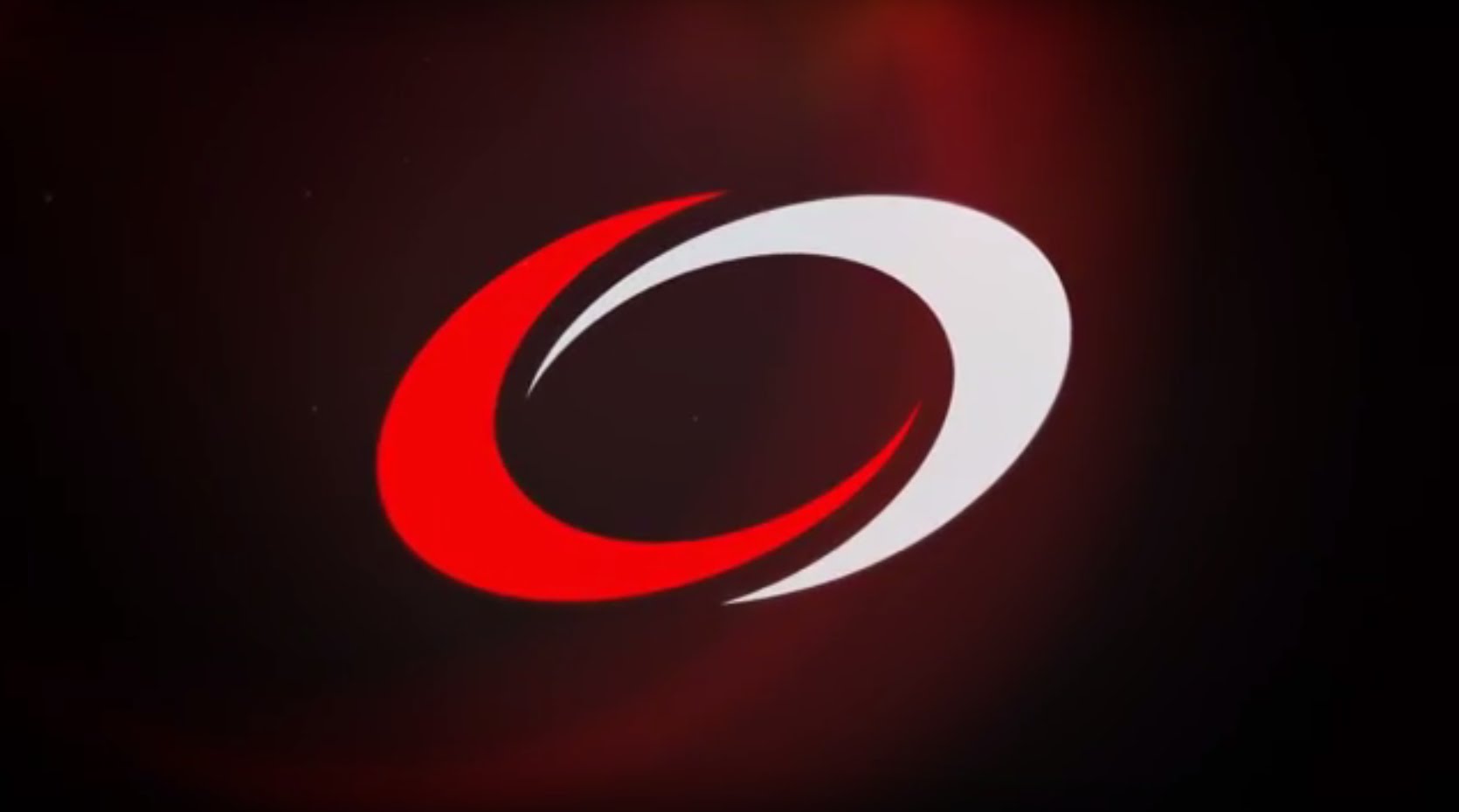
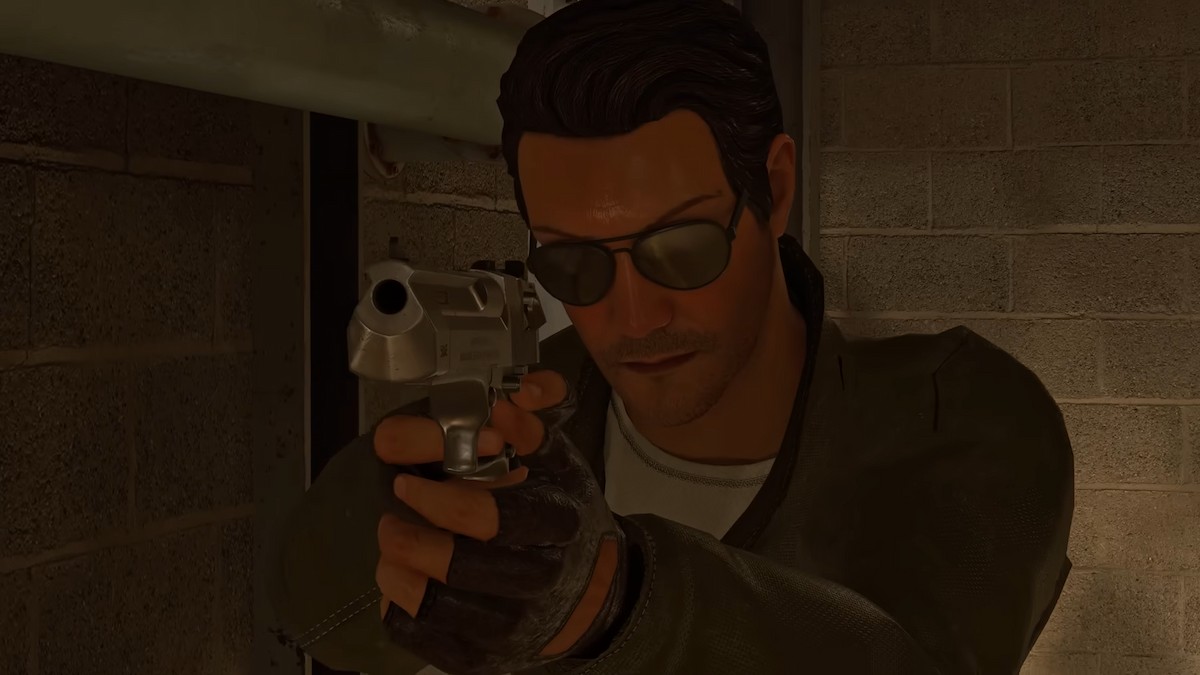
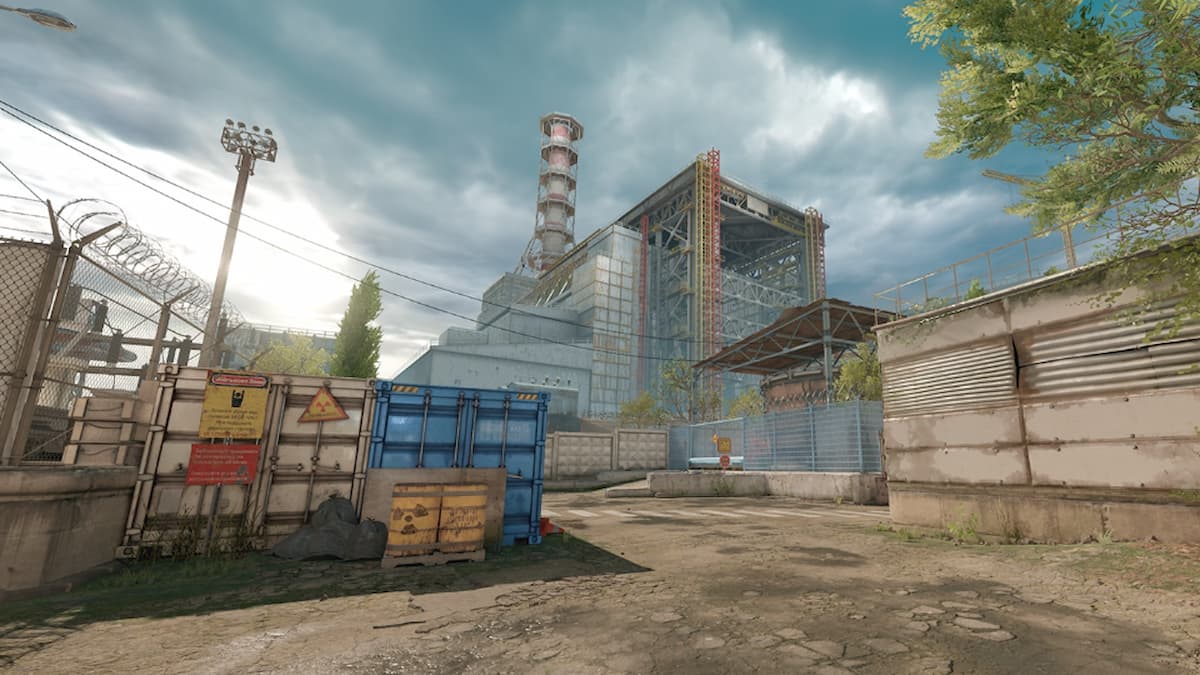
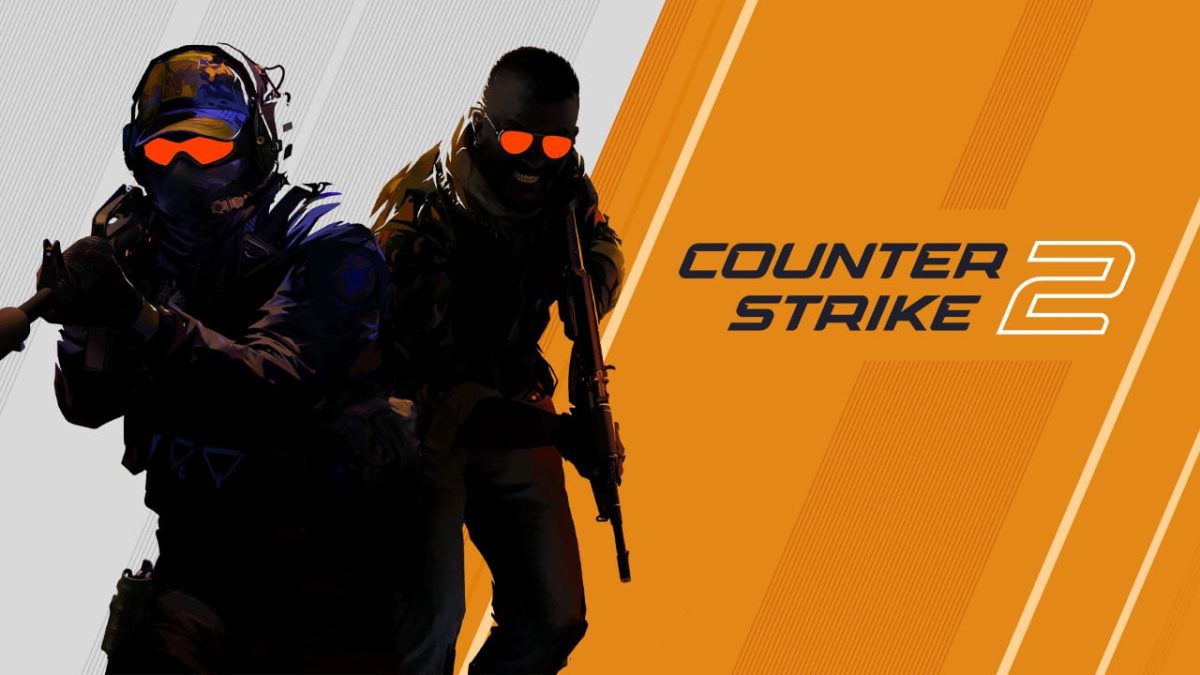
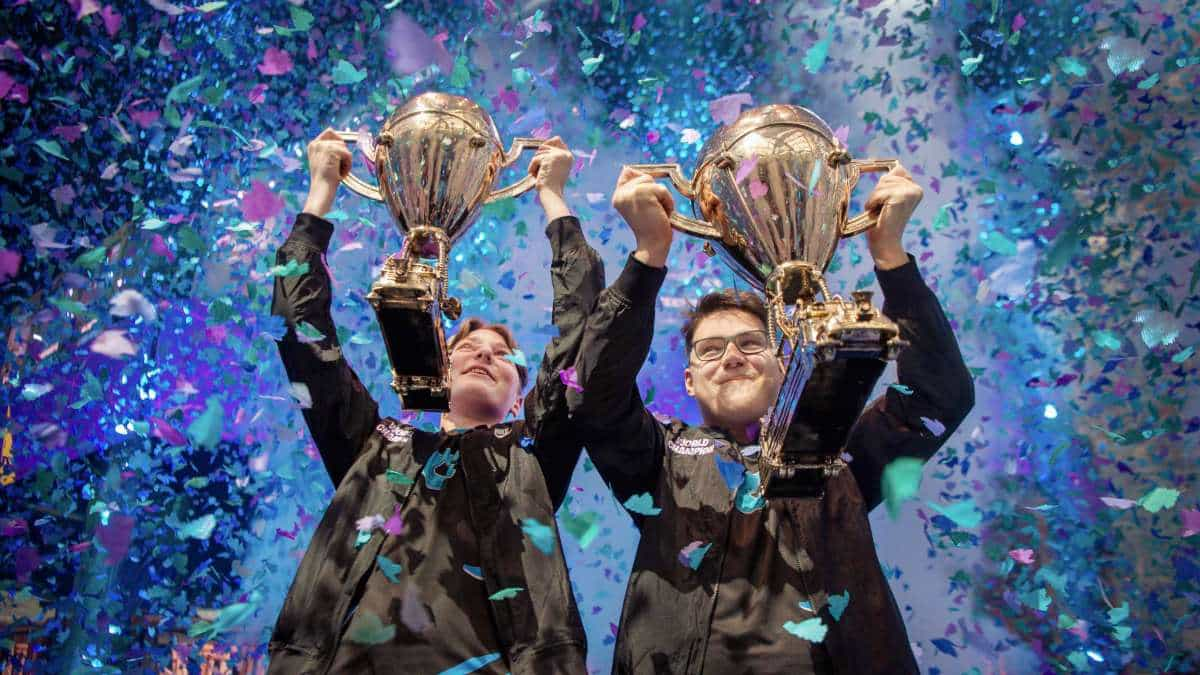

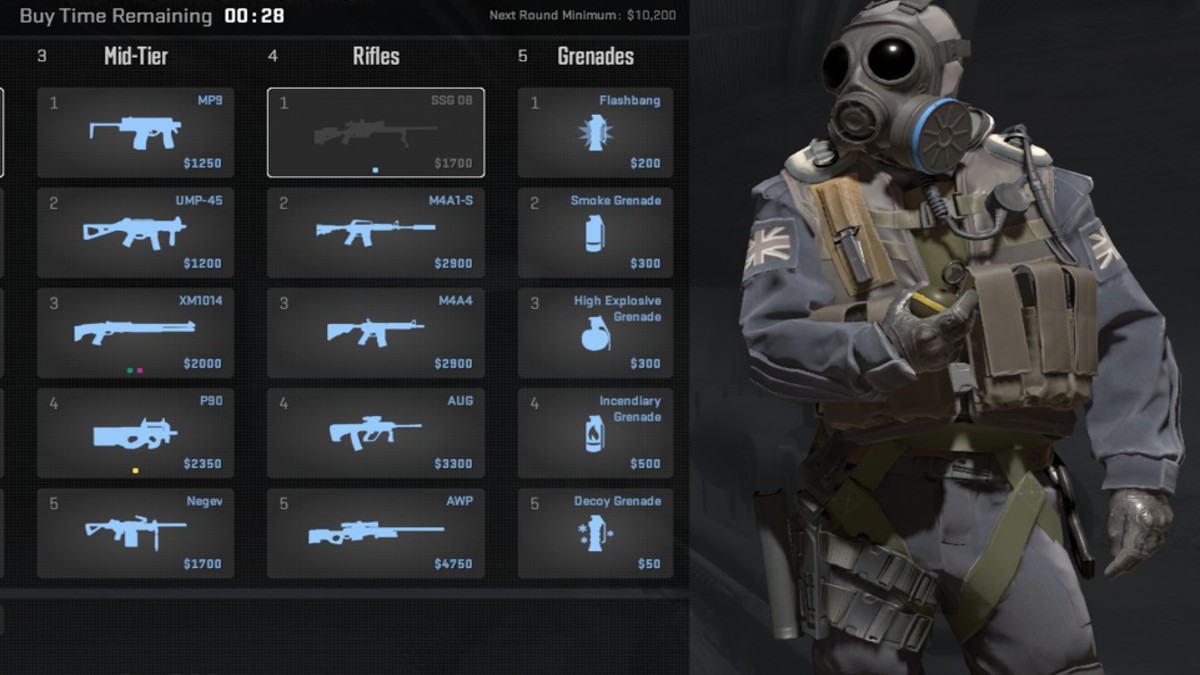
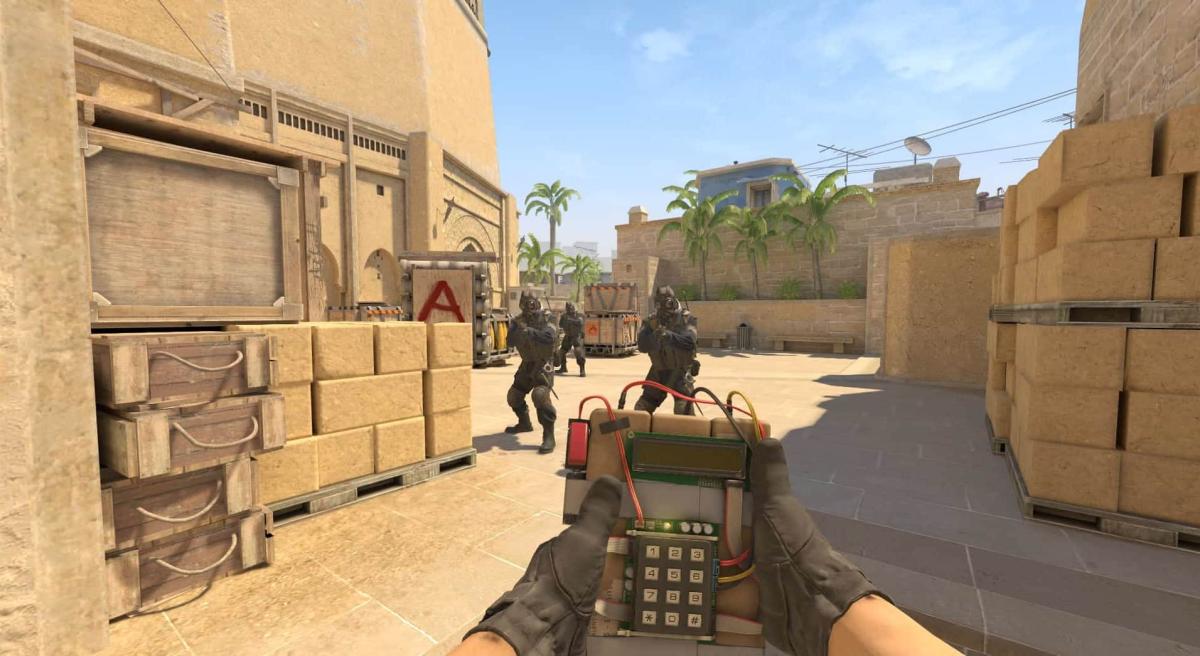
Published: Jun 30, 2016 09:25 pm